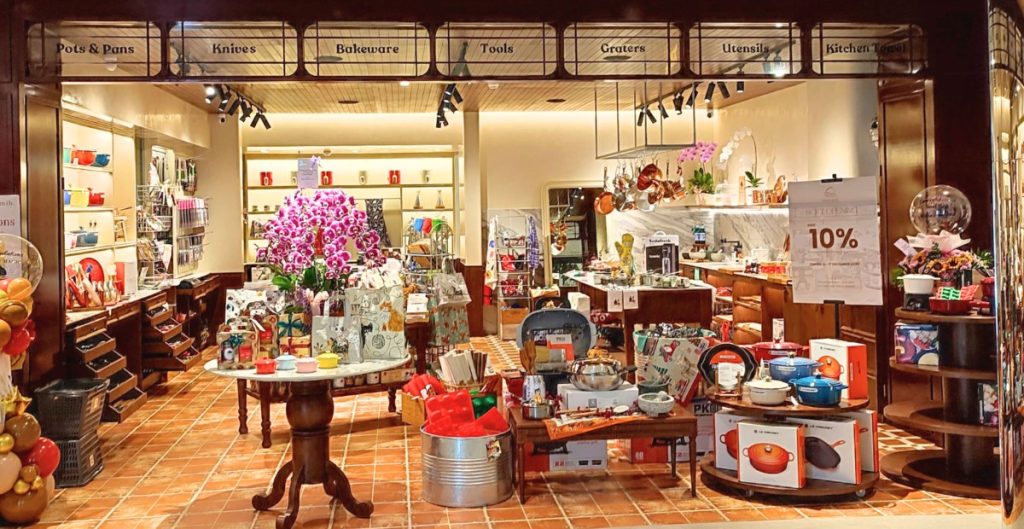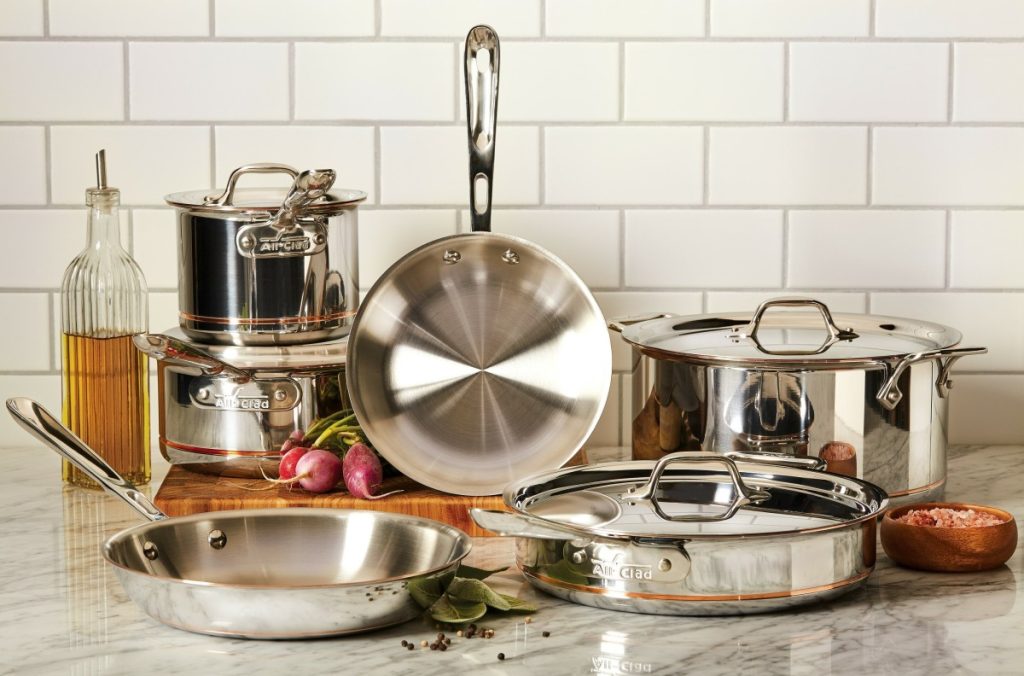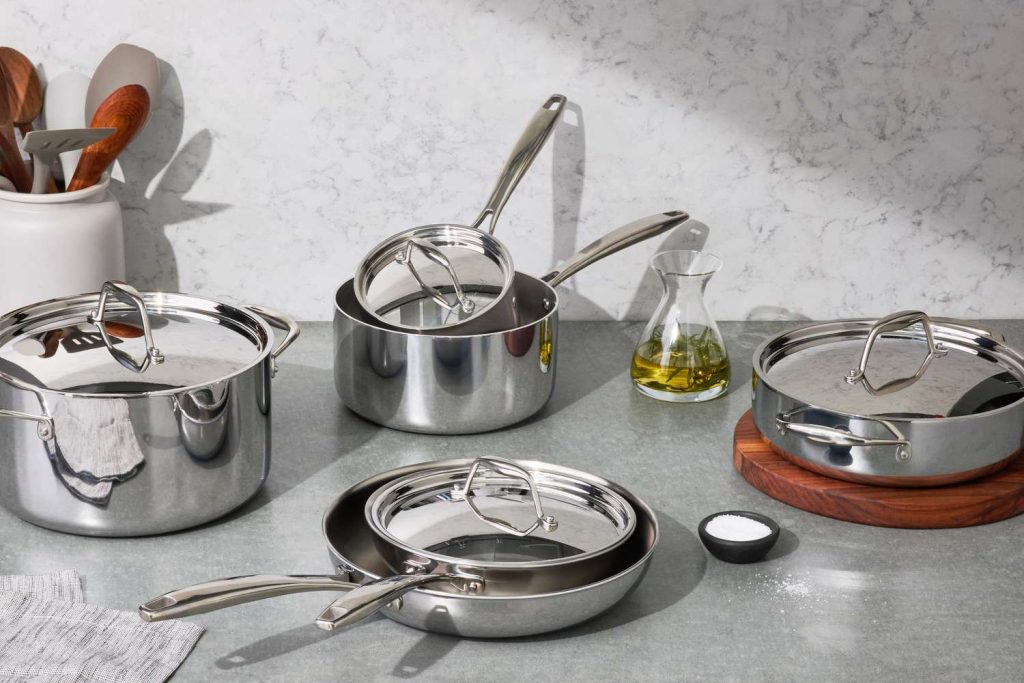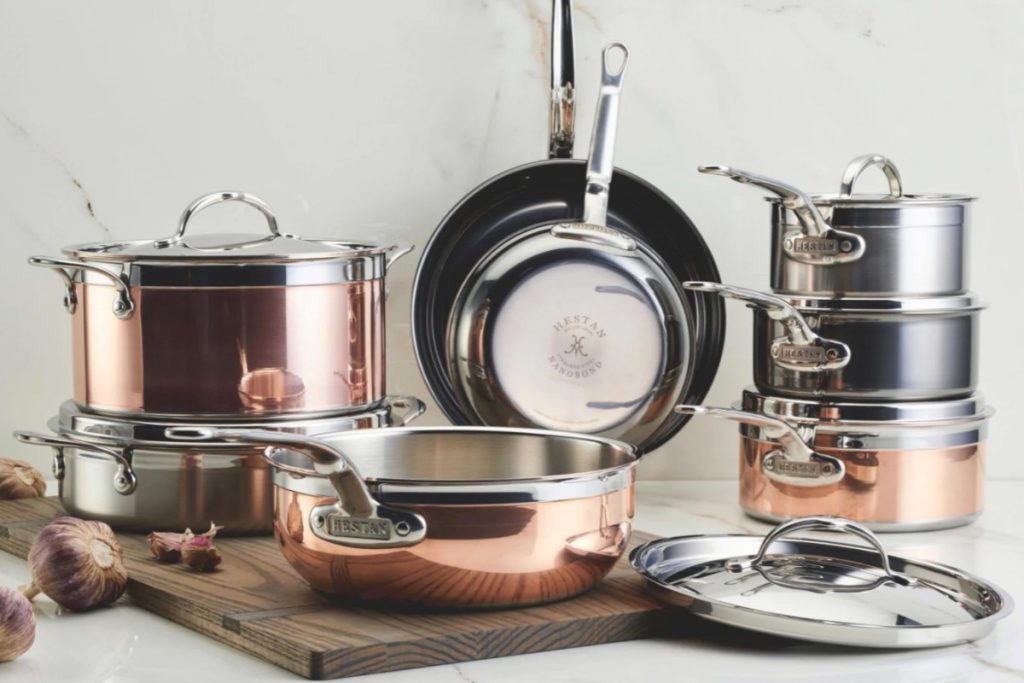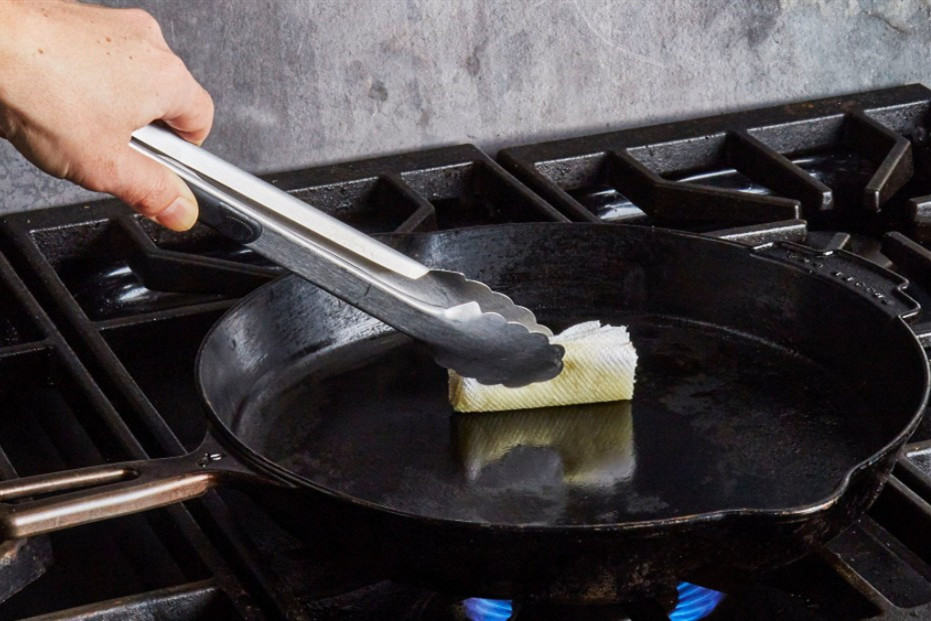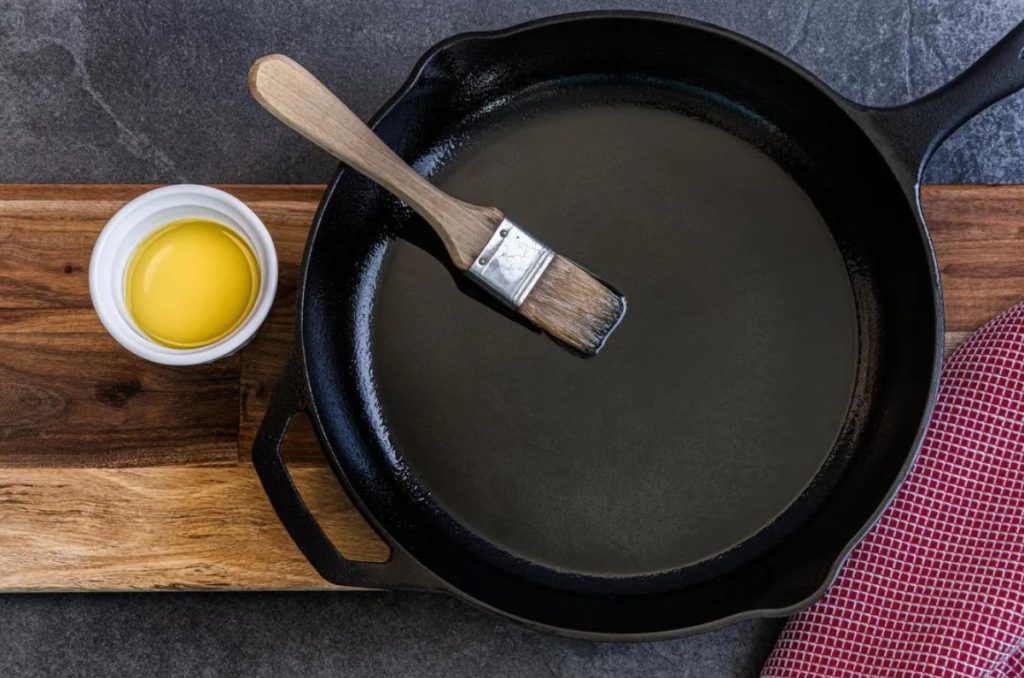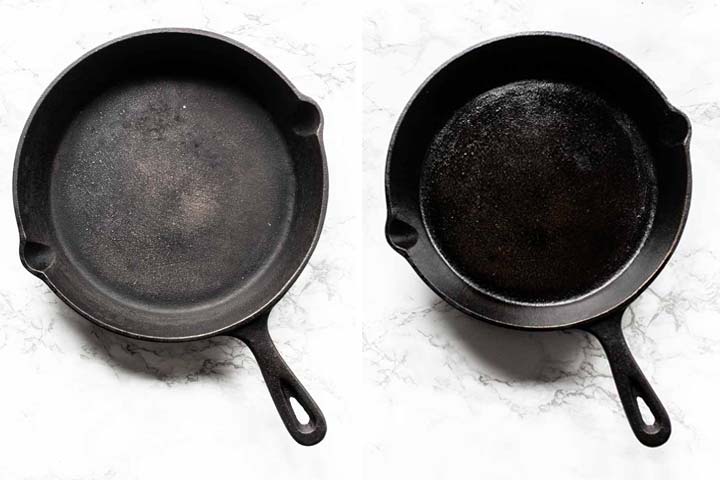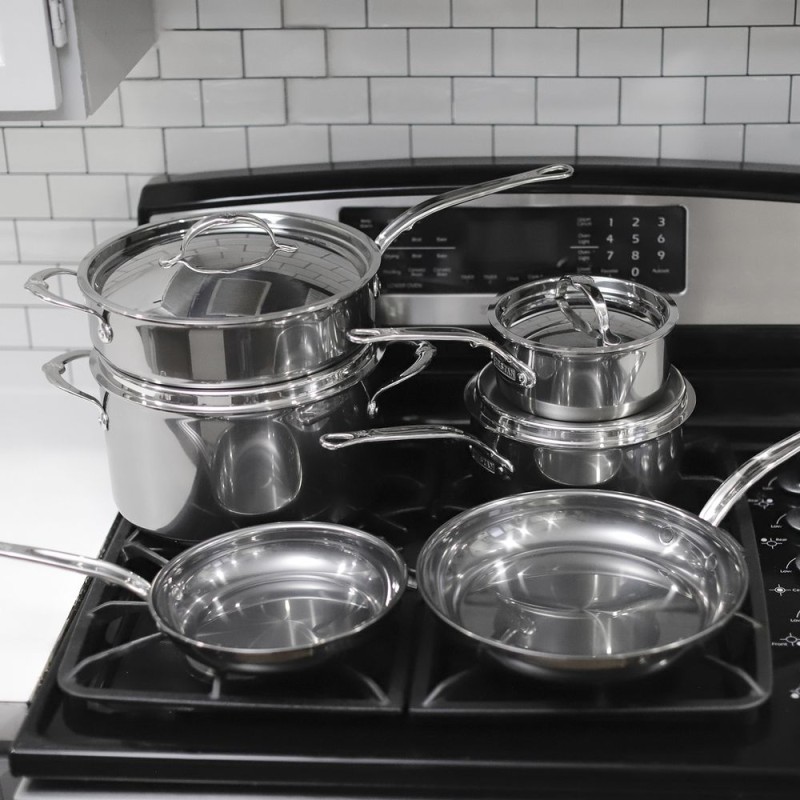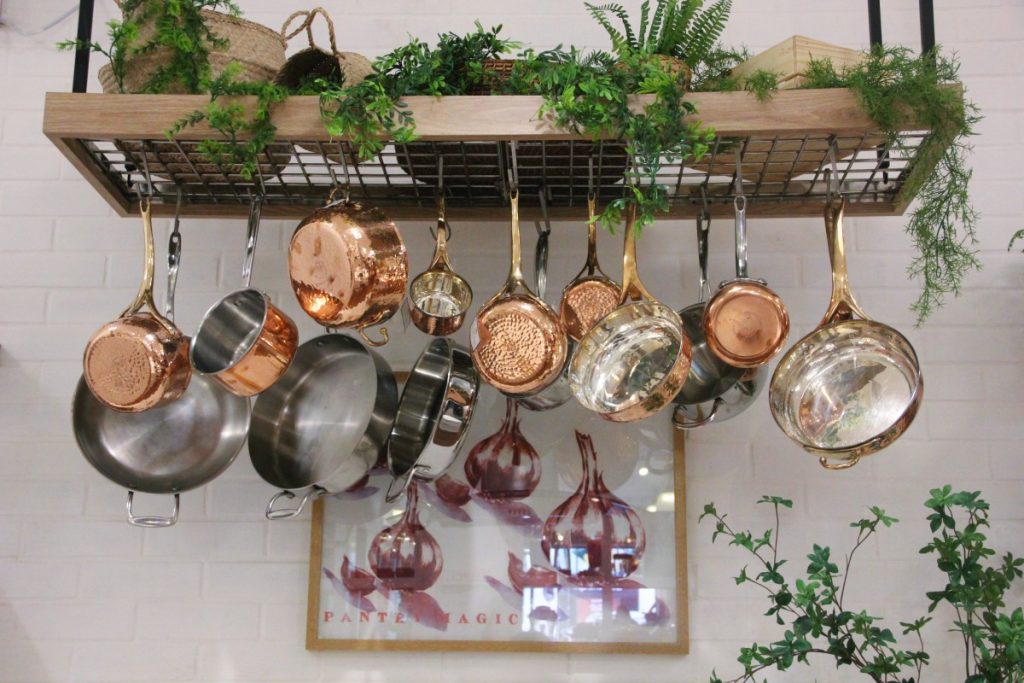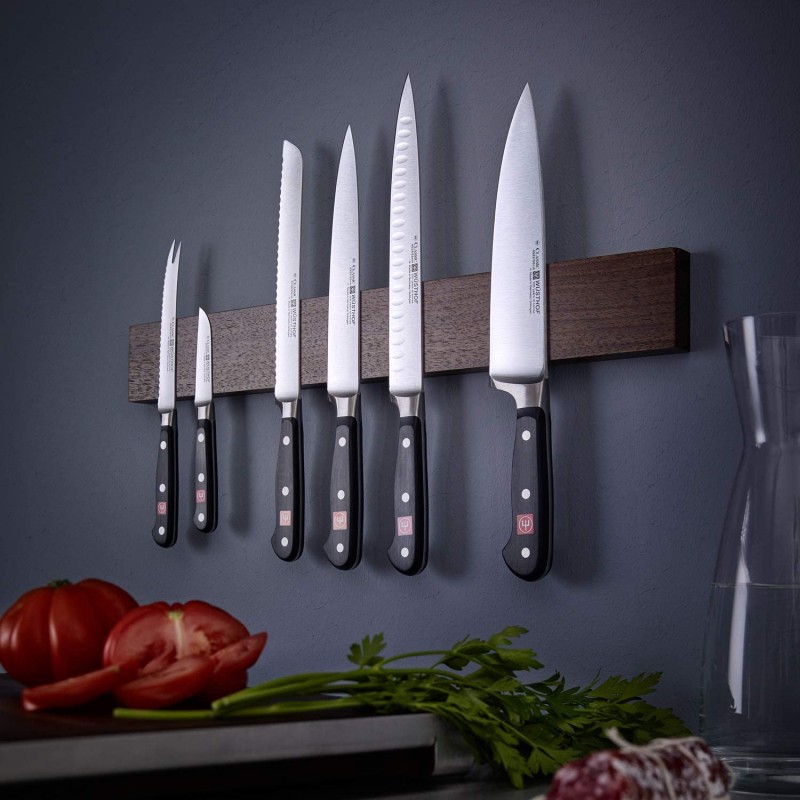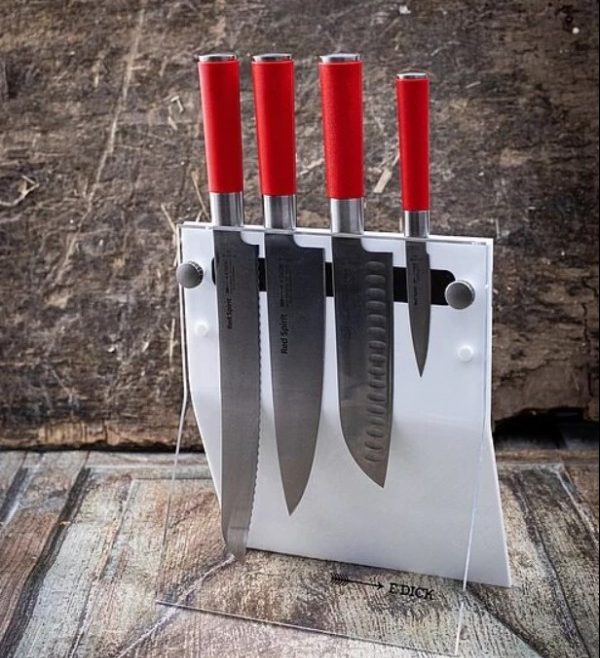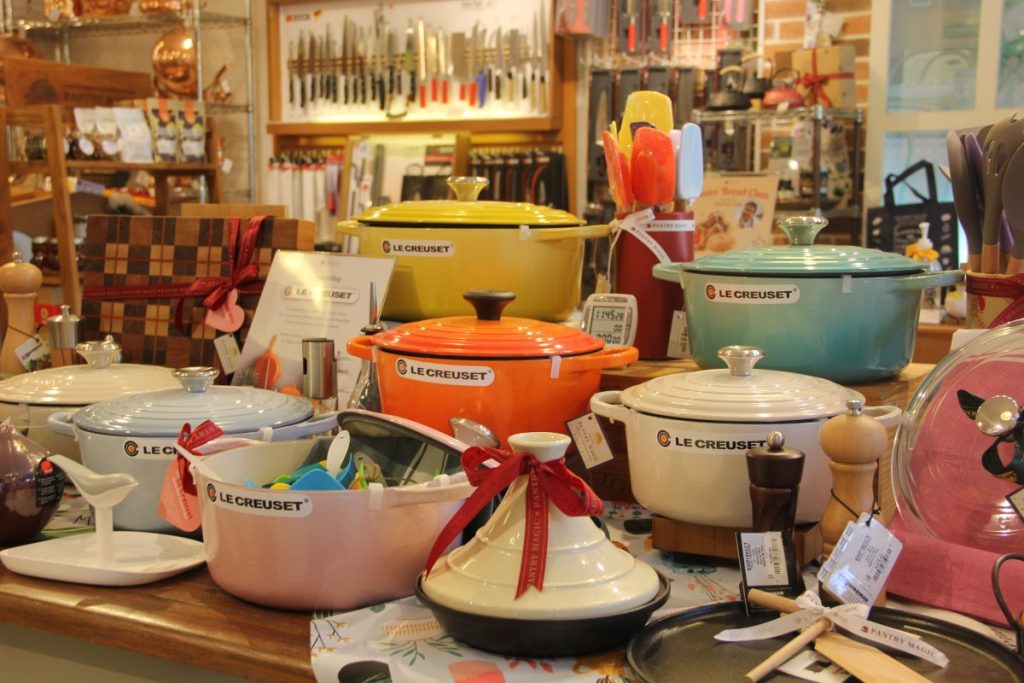Blog
5 Criteria to Choose Your Cookware
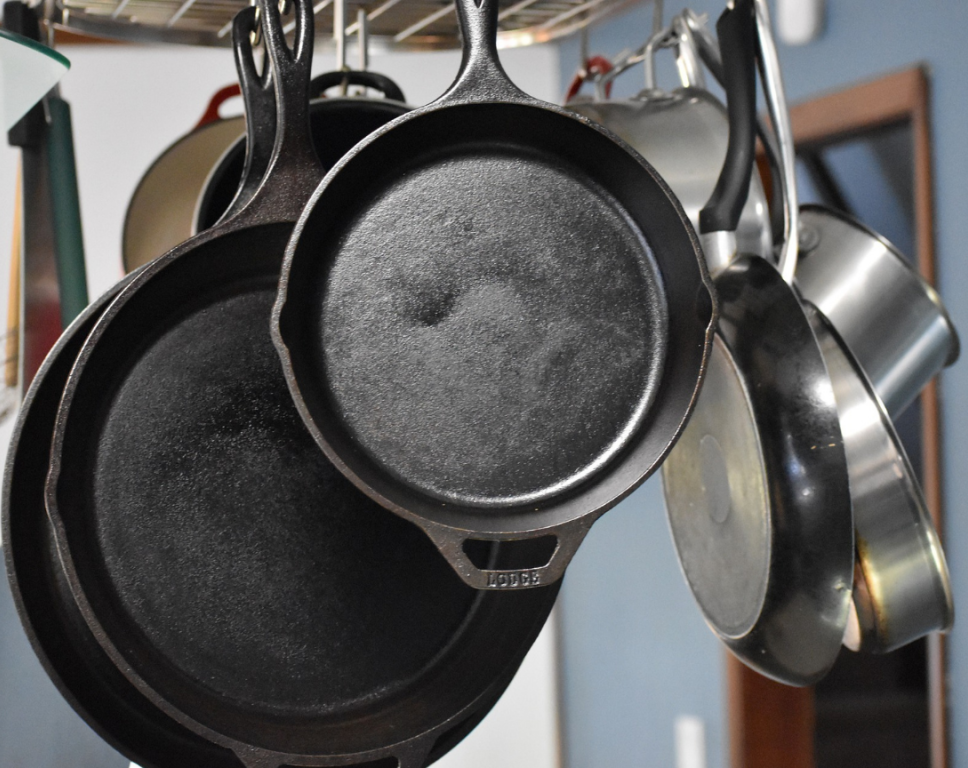
When cooking, you often focus on preparing the highest quality ingredients. But, sometimes, you forget another factor that is equally important, the right cookware.
Cooking is fun. You can find tons of recipes online or from YouTube. You carefully select each recommended ingredient. But the result is not up to your expectation. What could have gone wrong?
You might need to pay more attention to what cookware you are using. Each cookware has different materials with different characteristics that you need to consider for your cooking.
If you understand these criteria, you will be able to choose the right cookware every time.
1. Thermal conductivity
Thermal conductivity is the ability of a material to conduct heat. Each material has a different conductivity. The most common materials used for cookware are aluminum, Stainless-Steel, copper, Cast-Iron, Carbon-Steel and Ceramic.
Stainless-Steel is not a good heat conductor, but market likes it because of its shiny look. So, to utilize its property, factories combine it with aluminum, producing the so called Clad Stainless-Steel, so that it can have higher thermal conductivity while maintaining its look.
Copper has the highest thermal conductivity, and it has a very classic French look, making it one of the best and most expensive cookware materials.
The higher the thermal conductivity, the better the heat distribution in the cookware, making sure that the food will cook more evenly.
2. Heat retention rate
Heat retention is the ability of a material to hold or store the heat received. The higher the heat retention in your cookware, the lower the rate of heat transfer, and the less risk the food will burn. As a result, your cooking time will be longer, and you will cook with relatively lower temperature, but you can maintain the nutrition and freshness of the vegetables or meat you are cooking and save fuel.
For heat retention, Cast-Iron arguably has the highest heat retention capacity.
3. Weight of Cookware
In general, the type of food is quite influential on the cooking utensils that will be used. If you do stir-fry, it is advisable to use a wok made of Carbon-Steel or Stainless-Steel (coated aluminum) which is not too heavy. However, if you cook a lot of stew, a thick, heavy Cast-Iron cookware will be more suitable.
4. Durability
Good quality cookware are usually very durable, barring any misuse. Well-known brands such as Le Creuset, Lodge, Mauviel can last for decades and are often passed down from generation to generation.
In general, non-stick cookware is more prone to scratches and should be replaced within 1-2 years. But if you must use non-stick cookware, make sure to use a wooden or silicone spatula.
5. Reactivity
Some cookware materials have some reaction with certain type of food. For example, pure Copper and aluminum react with acidic food, raw Cast-Iron is also known to leech iron into the food.
To deal with this, most Copper cookwares are lined with Stainless-Steel (or Tin) and Cast-Iron cookware are enameled to make it non-reactive.
For non-stick cookware, please be aware that overheating it can affect the quality of the non-stick coating and (for Teflon) might with emit gasses which are harmful to health.
Those are 5 important criteria in choosing good cookware to complement your cooking.
The type of cooking you do will generally affect your choise of cookware. If you are stir frying, the best cookware to use is the one with higher conductivity and the lighter cookware, since you will need to cook with high heat and stir a lot to achieve the best result.
On the other hand, if you want to do stew or slow cooking, it is recommended to use cookware is Cast-Iron or ceramic.


